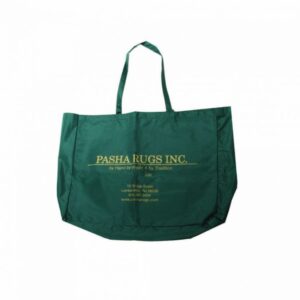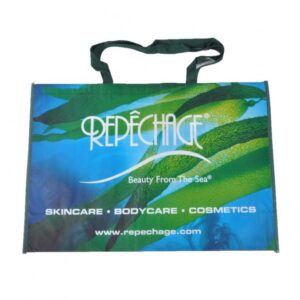

Unlike food packaging which makes “low fat” and “calorie free” claims, there are no consistent rules on using the label “earth friendly.” There are many products which claim to be green or earth friendly but without legal parameters and enforcement, there are no standard measures of what constitutes an eco-friendly product. Without industry standards to define what eco-friendly actually means, you must rely on your secondary facts and your own common sense.
What’s the alternative?
One of the first questions you can ask yourself is– regardless of the label – is there an alternative option which is less damaging to the Earth’s resources? For example, our Prime Line Packaging natural fabric tote bags are an ideal alternative to both plastic and paper disposable bags. Reusable bags and totes creates less waste, offering an earth friendly alternative.The lack of toxic materials and chemicals is a key advantage of a green product for many reasons, including health concerns. Using sustainable sources in production is another step towards labeling something eco-friendly. One of the most sustainable sources for product production is recycled materials, such as papers, plastics, and woods. Items that are labeled eco-friendly can be made from recycled products or at minimum, be able to be recycled after use.
Earth friendly certifications
For paper products, such as packaging, one of the only authentic ways to assure eco-friendliness is to consider FSC certified products. For plastic items, consider the EPI certification. These designations are earned. They can only be used when companies strictly adhere to the standard rules and practices of these two strict agencies. You can read more about FSC certification and EPI certification on our blog. All Prime Line Packaging bags, boxes, papers, tissues, and other paper products can be fully certified under either of these designations. You can purchase your packaging needs from Prime Line Packaging and claim its eco-friendly status with confidence.



